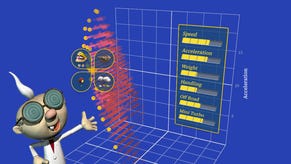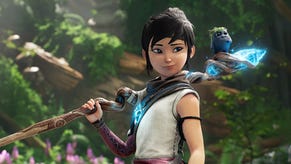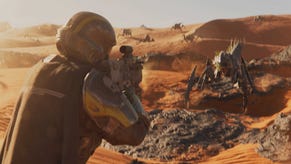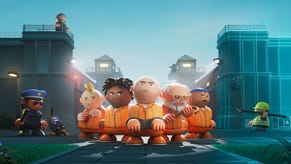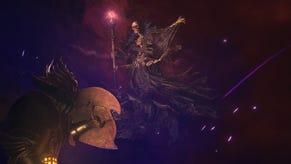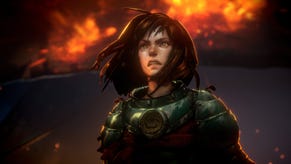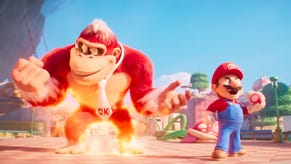Capcom reveals creative in-house hazing
New starters thrown in at the deep end.
Capcom has revealed the first fruits of a noble initiation regime it's imposed on new starters at the company.
Rather than bust out the paddles and duct-tap, a la Eurogamer, new staff joining the company were tasked with making their own game from scratch.
Planet Work, which hits the Japanese App Store today, is a straightforward action game that see you take control of an intergalactic garbage man. The twist? It was made entirely by college graduates who had served at the company for less than 12 months.
Capcom chief Jun Takeuchi explained the move to Japanese games mag Famitsu, as translated by 1Up.
"Game projects as of late have grown into incredibly huge things in scope. It's hard to produce one game a year the way that people used to be able to do," he said.
"That got me thinking that perhaps the best way to get our new employees a taste of the peaks and valleys of game development is to have them produce a game of their own by themselves."
New Capcom staff took charge of every aspect of the game's production, from development and marketing through to distribution and legal issues.
"Normally we'd have them be part of a larger team, learning the process bit by bit from veteran employees - a low-risk, low-return method," Takeuchi explained.
"There's a limit to what they can get out of that. They wind up not being able to do anything unless someone tells them how to do it. I figured it'd be a better experience for all of the new hires if they trial-and-errored their way through the process by themselves instead."
It was no doubt a valuable exercise for those involved, albeit a stressful one. "I felt like we were being cast away," admitted team member Kanu Akamatsu.
"I had no idea what we should make or how we should make it. It was a lot harder than I thought it'd be to get our thoughts together and really work as a team.
"Being on the side that makes the games instead of play them made me realize how headache-inducing it is when you know the game you're working on isn't fun, but you don't know what you can do to make it better."
Takeuchi added that he hoped the initiative would help bring through the next generation of great game designers through.
"The game industry is largely being driven by a core group of creators that were born in the 1970s. I think one of the most important missions of this group is to raise and nurture the next generation of creators.
"I think it'd be great if we could get the industry to think about this more seriously through this project - it'd be nice if it resulted in a new group of game designers that still show up in Famitsu's pages five years from now."

